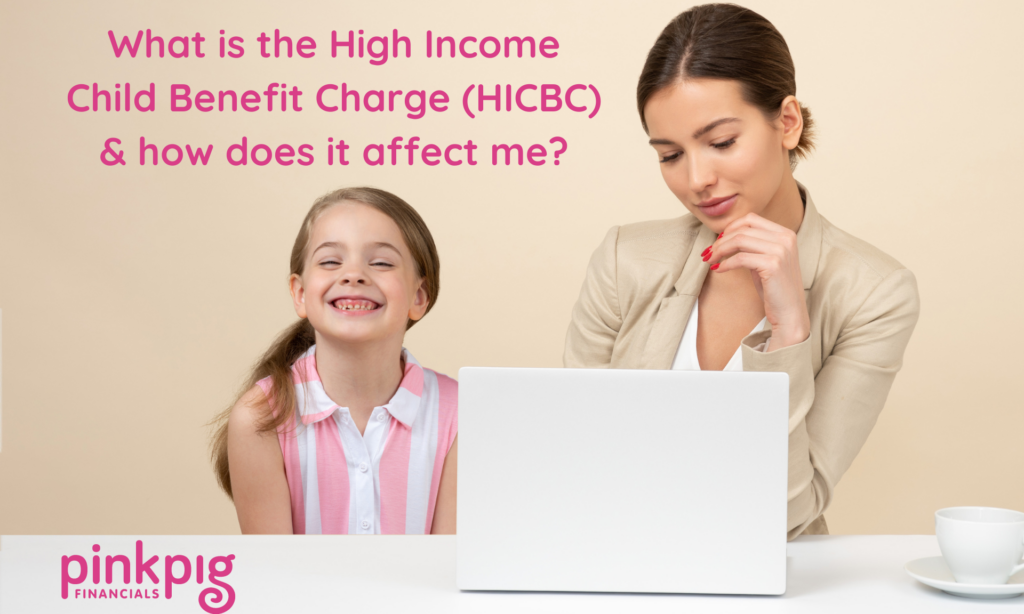Starting 6 April 2024, the UK government has raised the threshold for the High Income Child Benefit Charge (HICBC) from £50,000 to £60,000.
This change is significant for high-income earners, especially those with families, as it directly impacts their finances and the benefits they receive.
In this blog, we’ll explore what the HICBC is, how the threshold increase will affect you, and what steps you can take to manage this change.
Blog Suggestion: Am I Entitled to Child Benefit?
What is the High Income Child Benefit Charge (HICBC)?
The High Income Child Benefit Charge (HICBC) was implemented on January 7, 2013, with the aim of reducing benefits for individuals with higher incomes.
If you or your partner earn above a specified threshold, you will be obligated to repay a portion, or potentially the full amount, of your Child Benefit through a tax charge.
This charge is determined at a rate of 1% of the Child Benefit for every £200 earned over the threshold.
The New Threshold: £60,000
From 6 April 2024, the HICBC threshold will increase to £60,000. This change is a welcome relief for many families with higher incomes, as it adjusts the threshold for inflation and rising living costs.
How Will This Change Affect You?
Reduced Tax Burden for Some:
If you or your partner earn between £50,000 and £60,000, you will no longer be required to pay the HICBC.
This effectively increases the income at which you can still receive full Child Benefit without any charge. Families in this income bracket could save hundreds, if not thousands, of pounds annually as a result.
More Disposable Income:
For households that were previously on the edge of the £50,000 threshold, the increased limit provides more flexibility. You can earn more without immediately losing out on your Child Benefit, which could lead to increased disposable income.
Planning Opportunities:
Higher earners close to the new £60,000 threshold might still consider financial planning strategies to manage their income effectively. This could involve salary sacrifice into pensions, charitable donations, or other tax-efficient investments to reduce taxable income and minimise the impact of HICBC.
Impact on Family Finances:
Families who earn just above the threshold should still be mindful of the HICBC, as their entire Child Benefit may still be clawed back. However, the increase to £60,000 means fewer families will be affected by the full charge.
Considerations for Self-Employed and Bonus Earners:
For self-employed individuals or those who receive variable income (such as bonuses), the increase in the threshold provides a greater buffer. You may be able to accept additional income without triggering the HICBC, offering more financial security and flexibility.
What Should You Do Next?
Review Your Income:
If your income fluctuates or you’re close to the £60,000 threshold, it’s important to review your financial situation. You may want to adjust your income strategies to ensure you’re maximising your benefits.
Consult with a Financial Advisor:
A financial advisor can help you navigate these changes and plan your finances to minimise the impact of the HICBC. They can also guide you in making tax-efficient decisions that align with your long-term financial goals.
Reclaim Child Benefit:
If you previously opted out of receiving Child Benefit due to the HICBC, you might want to reconsider. With the increased threshold, you could now be eligible to receive this benefit with little to no charge.
The increase in the HICBC threshold to £60,000 is a positive change for many high-income earners in the UK. It reflects the government’s recognition of the rising cost of living and provides families with greater financial flexibility. By understanding how these changes affect you and taking appropriate action, you can make the most of your benefits and reduce your tax burden.
Work with PPF
As always, it’s important to stay informed and seek professional advice to ensure you’re managing your finances effectively in light of these changes.
If you would like to explore working with PPF, head over to our ‘Get Started‘ page and complete our quick questionnaire, we’ll then be in touch to book in a discovery call.
For more tax tips and advice, check out PPF on YouTube.

